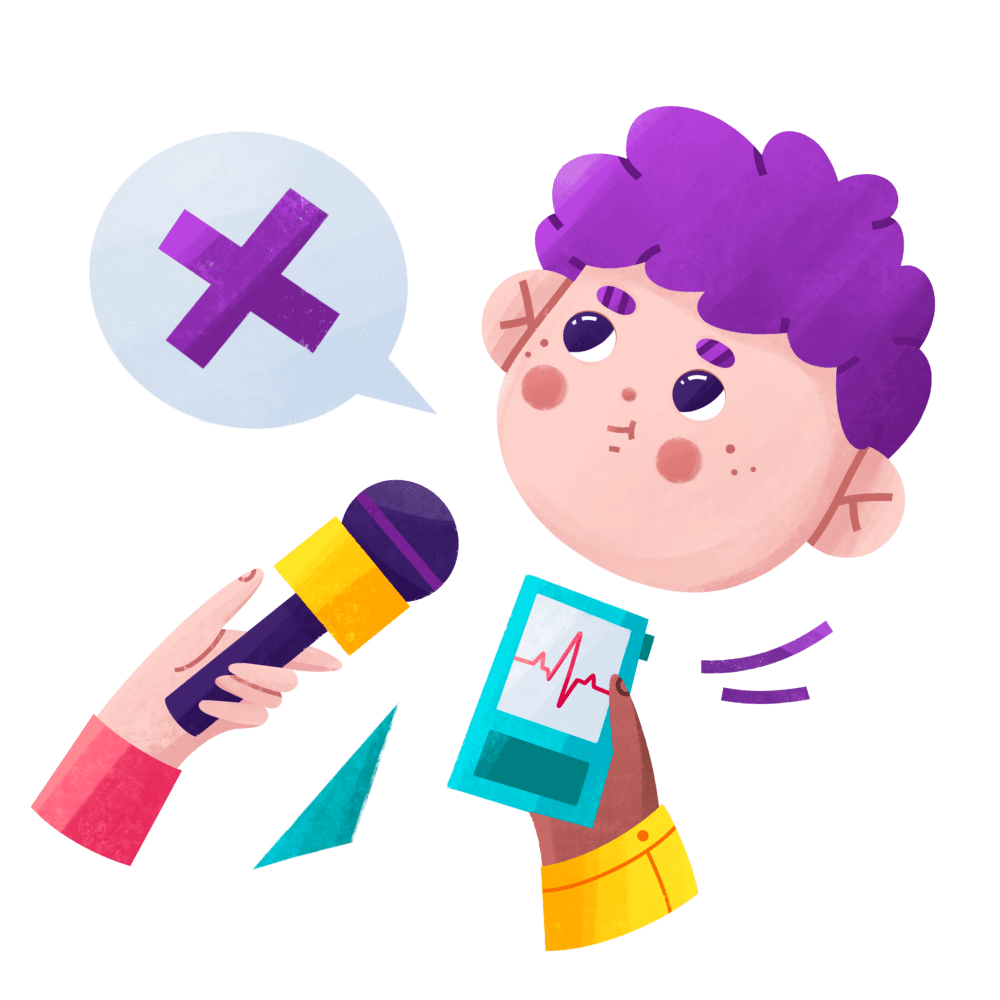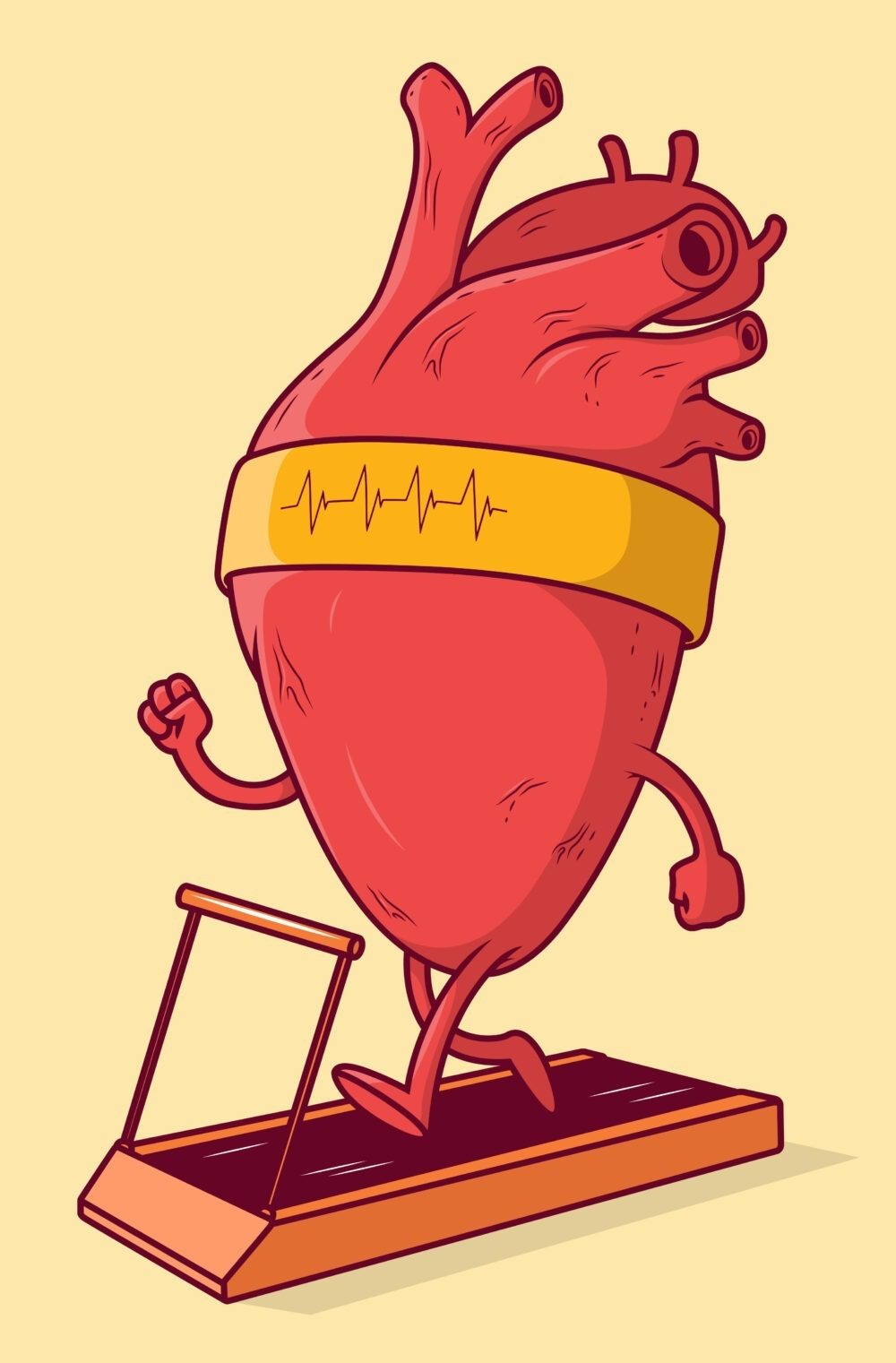The Diagnostic and Statistical Manual of Mental Disorders (DSM) has undergone a profound evolution, significantly influencing the landscape of mental health. As a comprehensive classification system, the DSM has both positive and negative aspects that have shaped our understanding of mental health disorders over the years. Positive Aspects Standardization of Diagnosis The introduction of standardized… Continue reading
Category Disorders
Unraveling the Dangers of Overdiagnosing in Counseling and Psychiatry
In recent years, the field of counseling and psychiatry has witnessed a surge in diagnoses, raising concerns about the phenomenon of overdiagnosing. This article explores the implications of overdiagnosing on individuals seeking mental health support and the broader impact on society. The Slippery Slope of Overdiagnosing Overdiagnosing occurs when mental health professionals hastily assign labels… Continue reading
Modern Disorders through the Lens of Evolutionary Psychology
Evolutionary psychology is a field that explores which human behavior has evolved to meet the challenges of our ancestral environment. Also, it offers valuable insights into understanding and addressing modern disorders. By examining the adaptive functions of certain behaviors, researchers can understand why certain disorders may persist in today’s world. Let’s explore this fascinating intersection,… Continue reading
Selective Mutism: Origins, Diagnosis, and Treatment
Selective Mutism (SM) is a childhood anxiety disorder characterized by the consistent inability to speak in specific social situations. This article provides a comprehensive overview of its origins, diagnostic criteria, and available treatment options. Origins of Selective Mutism SM often emerges in childhood and is associated with a combination of genetic factors, a shy temperament,… Continue reading
Anorexia Nervosa, Symptoms, Coping and Treatment
Anorexia nervosa is an eating disorder characterized by an intense fear of gaining weight, self-imposed starvation, and distorted body image; anorexia demands a comprehensive approach to treatment and recovery. In this article, we delve into the symptoms of anorexia, explore various treatment options, and shed light on the transformative power of Cognitive Behavioral Therapy (CBT)… Continue reading
Splitting in Borderline Personality Disorder
Borderline Personality Disorder (BPD) is a complex and challenging mental health condition characterized by intense emotional experiences, unstable relationships, and a distorted sense of self. One of the key features of BPD is a phenomenon known as “splitting.” This emotional defense mechanism can significantly impact the individual’s relationships, self-perception, and overall well-being. What is Splitting?… Continue reading
Neurotransmitters: Serotonin, Norepinephrine, and Dopamine and the Role of SSRIs and NDRIs
Neurotransmitters, including serotonin, norepinephrine, and dopamine, regulate mood, attention, and overall mental well-being. In this article, we’ll unravel the significance of these neurotransmitters and delve into the mechanisms by which Selective Serotonin Reuptake Inhibitors (SSRIs) and Norepinephrine-Dopamine Reuptake Inhibitors (NDRIs) operate to bring about positive changes in mental health. Neurotransmitters 101 How SSRIs Work How… Continue reading
Complex PTSD Symptoms and Treatment
Complex Post-Traumatic Stress Disorder (C-PTSD) is a mental health condition stemming from prolonged and repetitive trauma. This article aims to explore C-PTSD, including its symptoms in detail and effective treatment options, focusing on Cognitive Behavioral Therapy (CBT). Understanding Complex PTSD Complex PTSD differs from traditional PTSD in that it arises from sustained exposure to trauma,… Continue reading
The Minnesota Starvation Experiment and Its Implications on Eating Disorders
In the aftermath of World War II, a groundbreaking study was conducted. This study not only sheds light on starvation’s physical and psychological effects. It also significantly contributed to our understanding of modern eating disorders. The Minnesota Starvation Experiment was conducted from 1944 to 1945. It has had a profound impact on how we perceive… Continue reading
Understanding Dysthymia The Subtle Struggle of Persistent Depressive Disorder
Dysthymia, also known as Persistent Depressive Disorder (PDD), is a mental health condition characterized by a chronic, low-level depression that lasts for at least two years in adults and one year in children and adolescents. Despite its pervasive nature, dysthymia often goes unnoticed or undiagnosed, leading to prolonged suffering for those affected. In this article,… Continue reading










